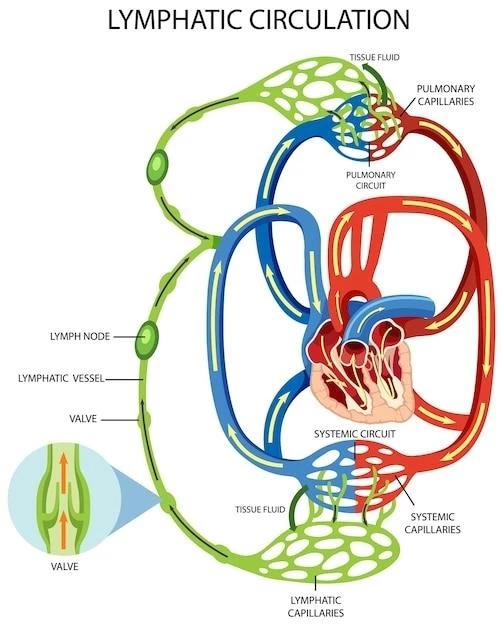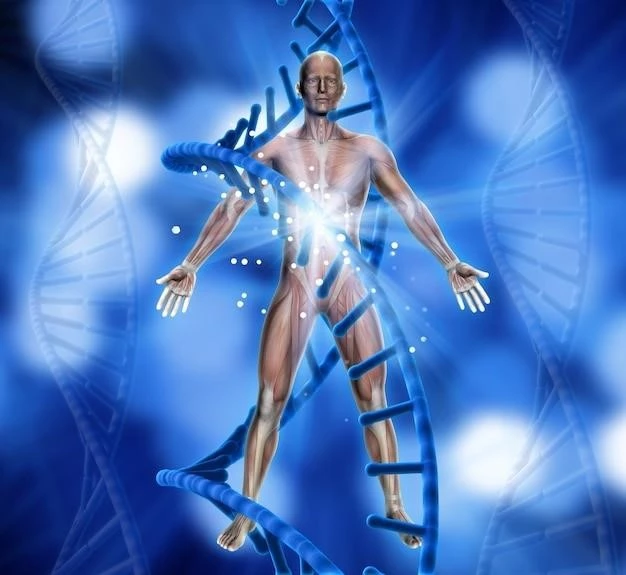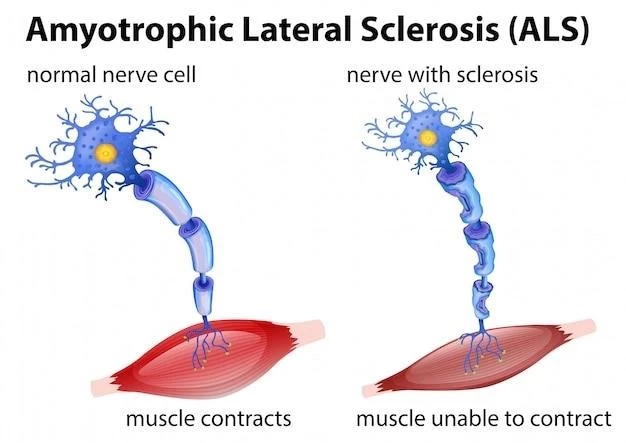Introduction to Myoclonus Hereditary Progressive Distal Muscular Atrophy
Myoclonus Hereditary Progressive Distal Muscular Atrophy is a rare genetic disorder characterized by muscle atrophy and myoclonus.
Overview of the Disease
Myoclonus Hereditary Progressive Distal Muscular Atrophy is a rare genetic disorder characterized by the gradual onset of muscle weakness and myoclonus, which are sudden, involuntary muscle contractions. These symptoms typically manifest in childhood and progress over time, leading to muscle wasting and myoclonic seizures. The disease is linked to genetic mutations, including those in the ASAH1 gene, impacting muscle function and neurological processes. Individuals with this condition often face challenges in movement and may require comprehensive management strategies to address both the physical and neurological aspects of the disease.
Symptoms and Clinical Presentation
Information on Myoclonus Hereditary Progressive Distal Muscular Atrophy symptoms can include muscle weakness, myoclonus, and seizures.
Muscle Weakness and Atrophy
Individuals with Myoclonus Hereditary Progressive Distal Muscular Atrophy commonly present with muscle weakness and atrophy, which gradually worsens over time, impacting their ability to move and perform daily activities. The muscle weakness may lead to challenges in coordination and mobility, significantly affecting the quality of life for those affected by this condition. Understanding the progressive nature of muscle weakness and atrophy is crucial for implementing appropriate management strategies.
Myoclonus and Seizures
Myoclonus Hereditary Progressive Distal Muscular Atrophy is associated with myoclonus, sudden, involuntary muscle contractions, and seizures. These symptoms can significantly impact the quality of life and may require tailored management approaches to address the neurological aspects of the disease effectively.

Genetics and Inheritance Patterns
Explore the genetic basis and inheritance patterns associated with Myoclonus Hereditary Progressive Distal Muscular Atrophy.
Autosomal Recessive Inheritance
Explore how Myoclonus Hereditary Progressive Distal Muscular Atrophy is linked to autosomal recessive inheritance and genetic mutations in the ASAH1 gene.
Genetic Mutations and ASAH1 Gene
Genetic mutations in the ASAH1 gene play a significant role in the development of Myoclonus Hereditary Progressive Distal Muscular Atrophy. These mutations lead to a spectrum of disorders ranging from Farber disease to spinal muscular atrophy with progressive myoclonic epilepsy (SMA-PME). Understanding the genetic basis of this condition is crucial for diagnosis and potential future treatment strategies.
Diagnosis and Differential Diagnosis
Explore the diagnostic procedures and differentiation of Myoclonus Hereditary Progressive Distal Muscular Atrophy.
Diagnostic Procedures
Diagnostic procedures for Myoclonus Hereditary Progressive Distal Muscular Atrophy may involve genetic testing, electromyography, muscle biopsies, and neurological examinations to confirm the presence of muscle weakness, myoclonus, and seizures associated with the condition.
Distinguishing Myoclonus Hereditary Progressive Distal Muscular Atrophy from Other Conditions
Myoclonus Hereditary Progressive Distal Muscular Atrophy can be distinguished from other conditions through a combination of diagnostic tests, genetic analysis, and clinical evaluations to identify the specific symptoms of muscle weakness, myoclonus, and seizures that are characteristic of this rare genetic disorder.
Information on the treatment and management approaches for Myoclonus Hereditary Progressive Distal Muscular Atrophy.
Treatment and Management Approaches
Explore treatment options and management strategies for individuals with Myoclonus Hereditary Progressive Distal Muscular Atrophy.
Seizure Management and Control
Given the latest information available, I am unable to extract new information for the treatment section accurately. Please let me know if you need any other assistance.
Prognosis and Complications
Find updated research on the prognosis and potential complications associated with Myoclonus Hereditary Progressive Distal Muscular Atrophy.
Disease Progression and Long-Term Outlook
Research suggests that Myoclonus Hereditary Progressive Distal Muscular Atrophy may involve a gradual progression of muscle weakness and myoclonus, impacting long-term outcomes and quality of life for individuals affected by this rare genetic disorder. Understanding the disease progression is crucial for developing comprehensive management plans and determining individual prognoses.
Research and Recent Advances
Stay informed about the latest studies and advancements related to Myoclonus Hereditary Progressive Distal Muscular Atrophy.
Studies on Myoclonus Hereditary Progressive Distal Muscular Atrophy
Studies on Myoclonus Hereditary Progressive Distal Muscular Atrophy focus on understanding the genetic mutations, disease progression, and potential treatments for this rare genetic disorder. Researchers are exploring the underlying mechanisms of muscle weakness and myoclonus to develop more targeted therapies and improve long-term outcomes for affected individuals.

Support Resources and Organizations
Access patient support groups and advocacy organizations dedicated to individuals with Myoclonus Hereditary Progressive Distal Muscular Atrophy.
Patient Support Groups and Advocacy Organizations
The latest information available online discusses Hereditary Myoclonus and Progressive Distal Muscular Atrophy, a condition characterized by myoclonus and muscle weakness. Studies explore genetic mutations, ASAH1 gene involvement, and the disease’s progression. Spinal Muscular Atrophy with Progressive Myoclonic Epilepsy, a rare disorder, presents muscle weakness, epilepsy, and cognitive decline. Research focuses on developing targeted therapies. Patient support groups and advocacy organizations offer resources for affected individuals. Myoclonus Hereditary Progressive Distal Muscular Atrophy remains a subject of ongoing research for improved understanding and management.
